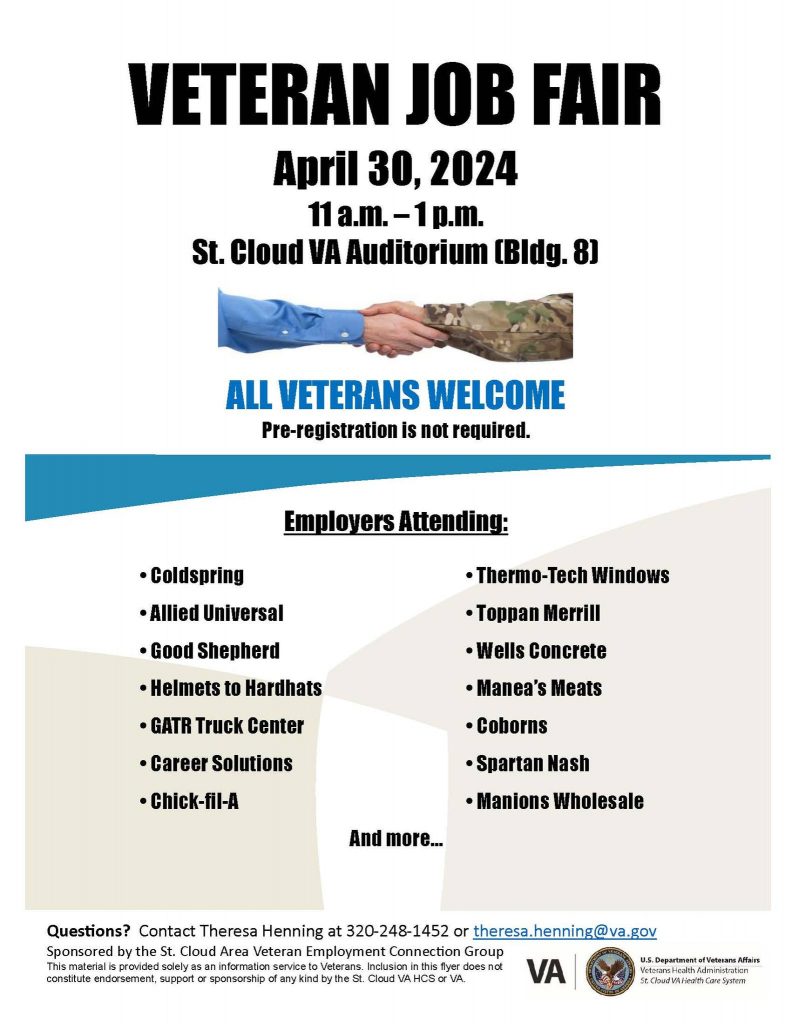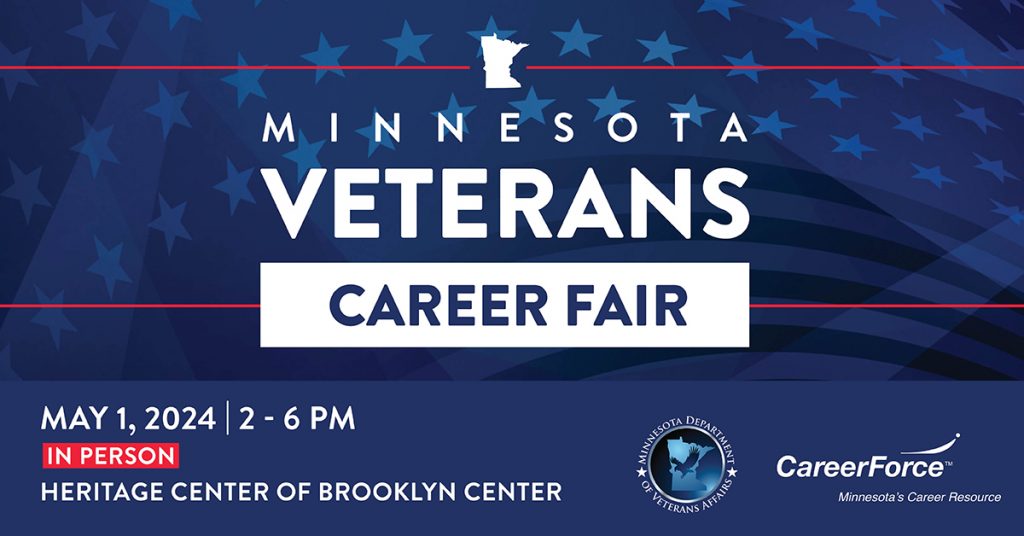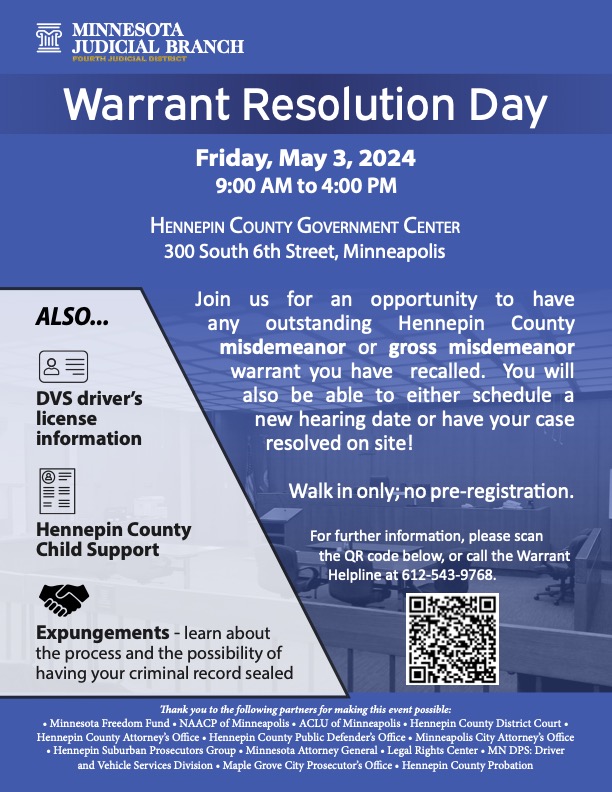Frequently Asked Questions
Do I need to be homeless to get help from MACV?
MACV helps individuals experiencing instability before they become homeless and use an increasing amount of our budget to support the prevention of Veteran homelessness. One common method is arranging for temporary financial assistance to support obtaining or keeping housing and/or employment.
We also help Veterans access various benefits and resources available to them from Veteran-specific and general community organizations. We offer help with resolving current or past evictions, late rent or mortgage payments, along with many other issues that prevent Veterans from losing their current housing. View our services to learn more.
Does MACV only help Veterans?
MACV uses a broad definition of the term “Veteran,” which includes anyone living in Minnesota and who either has served or is serving in a branch of the U.S. military or armed forces, regardless of discharge status. We include members of the Minnesota National Guard who have joined but have not yet completed basic training.
Who else does MACV help?
We offer Minnesota housing services for immediate family members or household members of Veterans. Our permanent and transitional housing options include homes suitable for support single-family living.
What information do I need to get help from MACV?
See our intake page. During the intake process, we request a copy of the Veteran’s DD-214, service records, military ID, and/or other documents to provide evidence of eligibility. Members with less than honorable or dishonorable discharges may qualify for select services on a case-by-case review. Eligibility documents for VA services are also helpful.
Does MACV provide housing to Veterans?
MACV employs a Landlord Engagement Specialist as a dedicated staff member to build and maintain relationships with local landlords and property owners, which has resulted in obtaining lease and rental agreements for hundreds of Veterans during the past two years. We also offer two housing models to ensure that Veterans can access settings that accommodate their unique situation: transitional and permanent supportive housing. View our housing services for more information.
What is transitional and permanent supportive housing?
Transitional housing offers Veterans spaces where they can live for up to two years while overcoming financial, legal, or health-related barriers to finding long-term housing. Veterans with unique, permanent barriers to succeeding in mainstream housing can access our 59 units of permanent supportive housing and live as independently as possible while still engaging with on-site services and support. We partner with Lennar Builders and Housing First Minnesota to continue expanding our housing program by building new homes adapted to the unique needs of Veterans and their families.
Can MACV help me find a job?
When Veterans with barriers to stable employment enroll in MACV’s Employment Services, staff help them create a service plan addressing the barriers preventing them from finding or keeping jobs. We then connect Veterans to job skills training, provide education about soft skills such as conducting a successful job search, resume writing, mock interviews, and workplace norms.
What kind of legal advice can I get from the MACV Vetlaw team?
Vetlaw offers a full range of legal services through two on-staff attorneys, support staff, and hundreds of pro bono legal professionals. The most common case types seen by Vetlaw’s dedicated staff include family, housing, and elder case law.
Will MACV hire an attorney for me?
Vetlaw has the resources to engage with attorneys who offer pro bono services. We also offer legal representation as part of our services for low-income, economically disadvantaged Veterans who qualify under certain criteria. Contact us to find out more and determine eligibility for this service.
What do I do if I’m being evicted?
Vetlaw staff offers legal services for households that already have eviction proceedings underway. However, calling MACV’s housing services providers can often help prevent evictions from occurring in the first place.
Do I need a referral to request help from MACV?
Any Minnesota Veteran can contact us directly via phone, web form, or through our social media. Many Veterans have also been referred to MACV through County or Tribal Veteran Services Officers (CVSO), partner nonprofits, or the VA.
Does a criminal record prevent me from getting assistance?
Over 20% of MACV-served Veterans had criminal records which included a felony conviction in 2020. MACV’s newly established Justice Involved Veteran (JIV) program provides transitional support for justice involved Veterans at-risk for entering homelessness upon their release. The Justice Involved program combines our ability to reach Veteran populations and our understanding of the need to increase Minnesota’s capability to holistically address the post-release needs of parolees. Our Vetlaw team has extensive experience addressing legal barriers like criminal records to stabilize Minnesota Veterans in need.
How can I provide a home to a Veteran in need?
Property owners and managers willing to provide low-income housing to Veterans are the most important partners in achieving our mission. Our Landlord Engagement Specialist works directly with housing managers and property owners to ensure MACV Veterans are a good fit with the partner’s expectations. We are happy to discuss more detailed methods of support for our community landlord partners, just contact MACV!
Upcoming Events
What’s Happening Near You
St Cloud, MN United States
Brooklyn Center, MN United States
Minneapolis, MN 55487 United States


